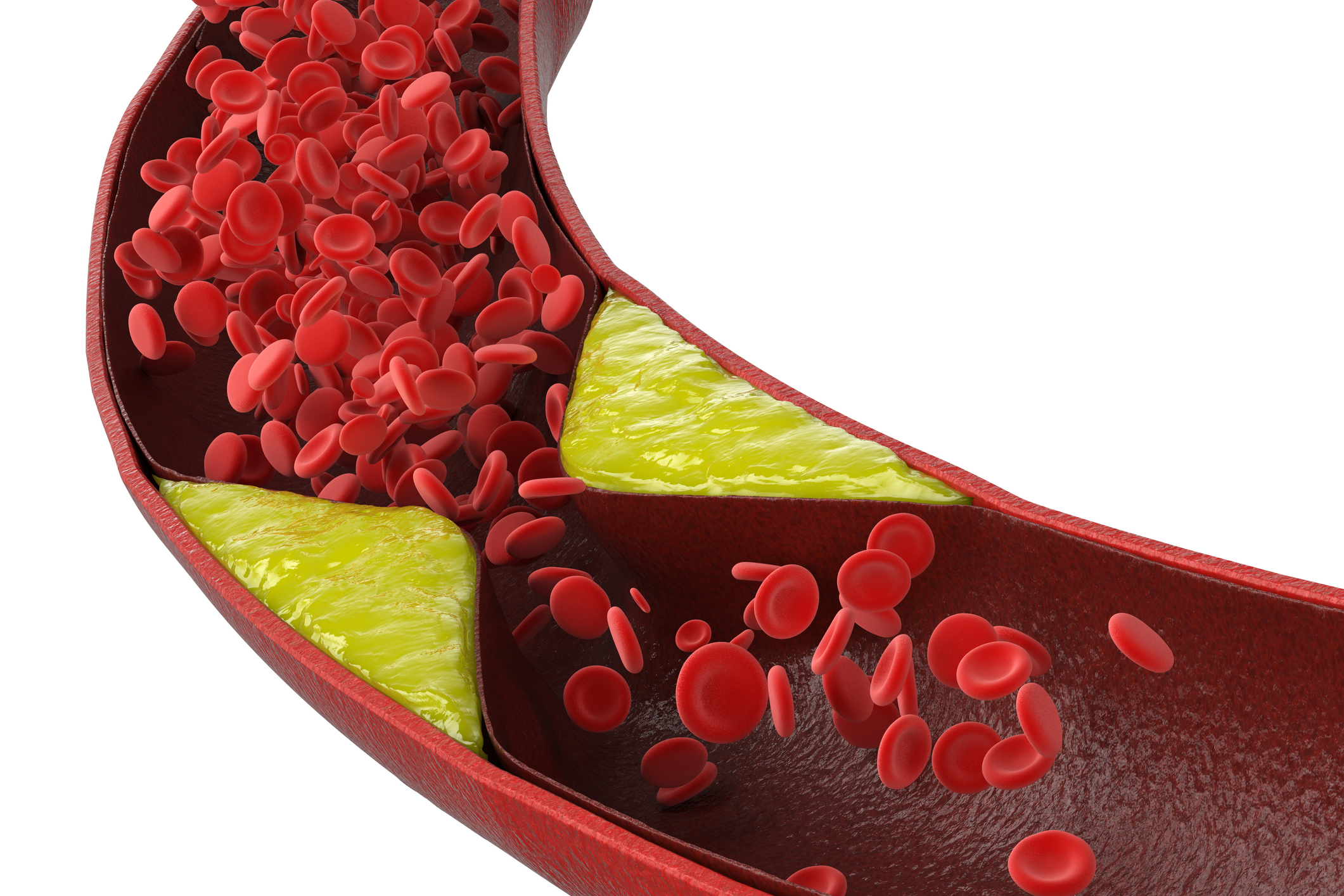
Oxidized cholesterol refers to cholesterol molecules that have been modified by oxidation, a chemical reaction that occurs when cholesterol is exposed to oxygen. Oxidized cholesterol is believed to be more harmful to the body compared to non-oxidized cholesterol and may contribute to the development of atherosclerosis, a condition characterized by the buildup of plaque in the arteries.
While there is no specific treatment available for oxidized cholesterol itself, the management of oxidized cholesterol involves addressing the underlying factors that contribute to its formation. Here are some strategies that may help reduce the production and impact of oxidized cholesterol:
- Diet modifications: A heart-healthy diet can play a crucial role in reducing the oxidation of cholesterol. This includes consuming foods rich in antioxidants, such as fruits, vegetables, nuts, and whole grains. Antioxidants help neutralize free radicals, which are involved in the oxidation process. It is also important to reduce the consumption of foods high in trans fats, saturated fats, and cholesterol, as they can contribute to cholesterol oxidation.
- Physical activity: Regular exercise can improve lipid profiles, increase high-density lipoprotein (HDL) cholesterol (the “good” cholesterol), and reduce low-density lipoprotein (LDL) cholesterol (the “bad” cholesterol). Exercise also promotes overall cardiovascular health and may help reduce the formation of oxidized cholesterol.
- Smoking cessation: Smoking is associated with increased oxidative stress and the formation of oxidized cholesterol. Quitting smoking can help reduce the production of oxidized cholesterol and improve overall cardiovascular health.
- Medications: Medications that lower cholesterol levels, such as statins, can indirectly help reduce the formation of oxidized cholesterol by lowering total cholesterol and LDL cholesterol levels. However, it’s important to note that these medications primarily target the non-oxidized cholesterol.
- Antioxidant supplements: While a healthy diet rich in antioxidants is generally recommended, the use of antioxidant supplements to specifically target oxidized cholesterol is not well-established. The effectiveness and safety of antioxidant supplements in reducing oxidized cholesterol are still a matter of debate, and it’s important to consult with a healthcare professional before starting any new supplements.
It’s crucial to note that managing cholesterol levels and reducing the formation of oxidized cholesterol is just one aspect of maintaining overall cardiovascular health. If you have concerns about oxidized cholesterol or any other heart-related issues, it is best to consult with a healthcare professional who can provide personalized advice and guidance based on your specific situation.
See More on Video

The Oxidized Cholesterol Strategy™ By Scott Davis This program will tell you step by step instructions on what you need to completely clean plaque buildup in your arteries so as to drop your cholesterol to healthy level.